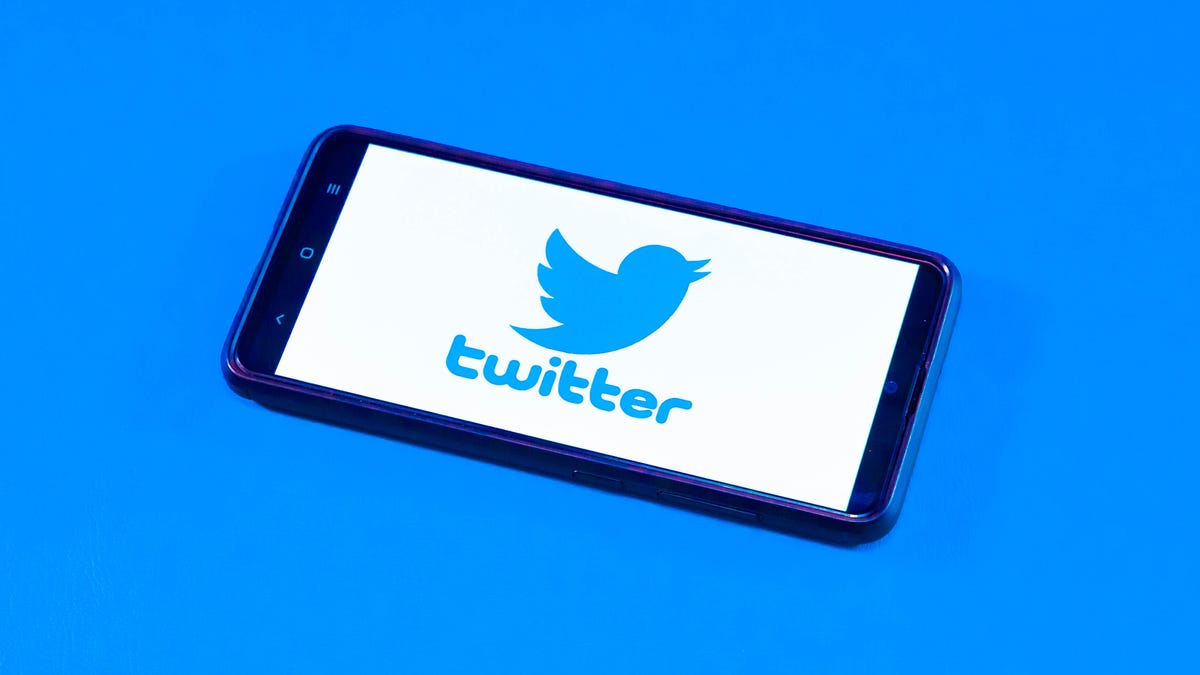Crowdsourced Fact-Checking Coming to Twitter in the US
Twitter says that in an early pilot project, misleading tweets were liked and retweeted less when they had a fact-check note attached.

Twitter's Project Birdwatch, which appends fact-checks, context and links to further reading to misleading tweets, will be visible to all Twitter users in the US starting Thursday, the social media company said in a blog post. Birdwatch, which has over 10,000 contributors, has been in a more limited pilot for months.
In order to be publicly visible, a Birdwatch note must be rated as helpful by Birdwatch contributors, including contributors with a history of differing views, the company said Thursday. Twitter users not contributing to Birdwatch will also be able to rate notes as helpful or not.
Here’s a short video about Birdwatch!
— Birdwatch (@birdwatch) October 6, 2022
A video description is available here: https://t.co/q1co1StK6E pic.twitter.com/Aj26E2REcE
Twitter said that throughout the pilot, Birdwatch reduced engagement with misleading tweets by between 15% and 35%. Birdwatch's effectiveness seemed to cut across the country's political divide, according to Twitter's data.
"In our most recent survey, notes were found to be informative regardless of a person's self-identified political party affiliation -- there was no statistically significant difference in average informativeness across party ID," Twitter said in its blog post.
Twitter is looking to expand its pool of contributors as well. Before contributors can post their own notes, they go through an onboarding process during which they must consistently rate and distinguish between helpful and unhelpful ones.
Questions remain about the usefulness of crowdsourced fact-checks, which Twitter acknowledged with a reference to the internet-famous research vessel Boaty McBoatface (the result of a public naming competition). Some third-party analyses showed that most Birdwatch notes didn't cite sources and raised concerns about Birdwatch contributors' anonymity. At the time, Twitter said that most notes cited sources and that anonymity protects contributors from harassment.
Twitter has placed the algorithm that powers Birdwatch on Github, where it is publicly accessible.

